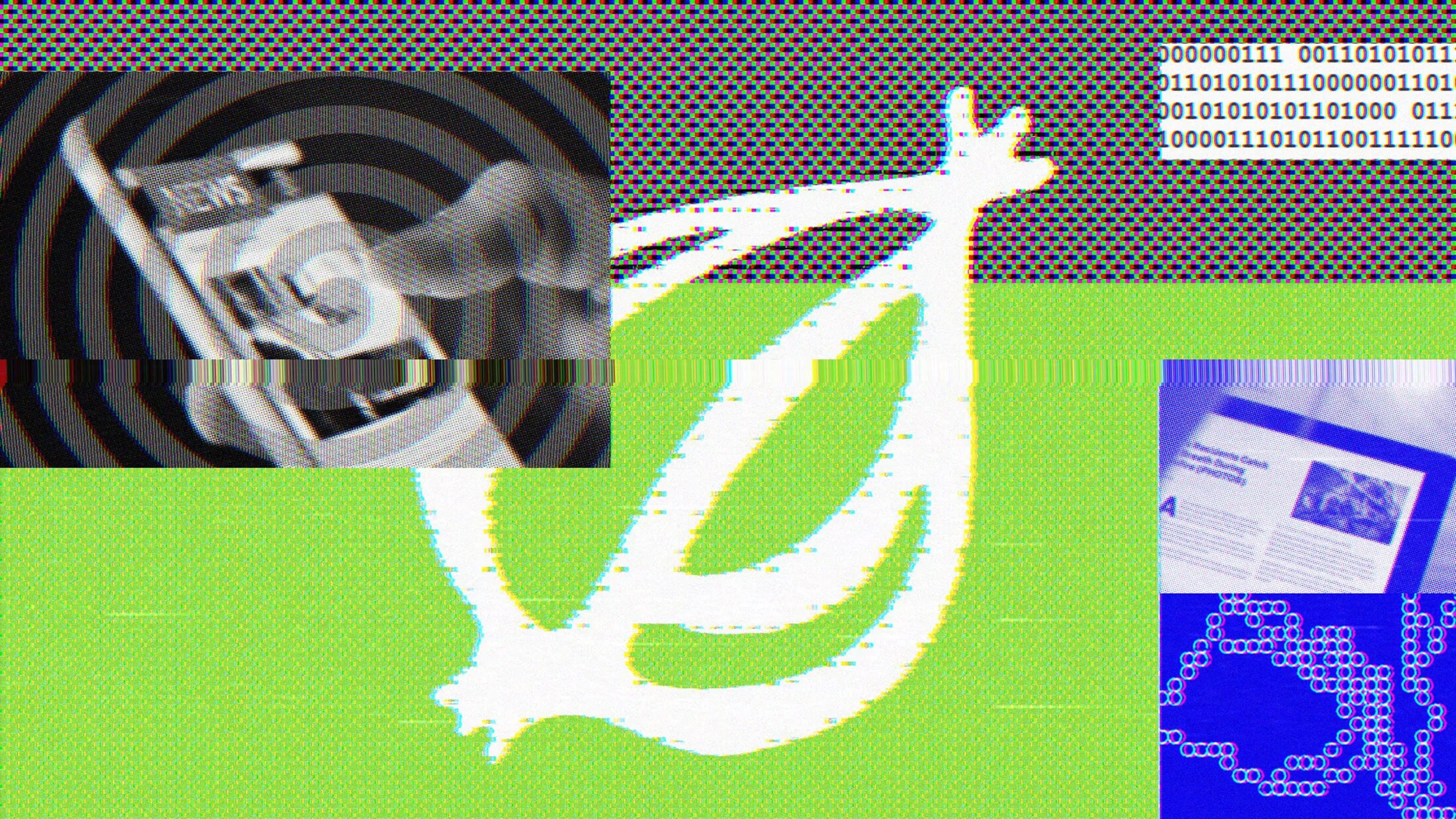You are suffering from “tab overload”

Photo by Anna Shvets from Pexels
- A new study suggests that tabs can cause people to be flustered as they try to keep track of every website.
- The reason is that tabs are unable to properly organize information.
- The researchers are plugging a browser extension that aims to fix the problem.
A lot of ideas that people had about the internet in the 1990s have fallen by the wayside as technology and our usage patterns evolved. Long gone are things likeGeoCities,BowieNet, and the belief that letting anybody post whatever they are thinking whenever they want is a fundamentally good idea with no societal repercussions.
While these ideas have been abandoned and the tools that made them possible often replaced by new and improved ones, not every outdated part of our internet experience is gone. A newstudy by a team at Carnegie Mellon makes the case that the use of tabs in a web browser is one of these outdated concepts that we would do well to get rid of.
How many tabs do you have open right now?
We didn’t always have tabs. Introduced in the early 2000s, tabs are now included on all major web browsers, and most users have had access to them for a little over a decade. They’ve been pretty much the same since they came out, despite the ever changing nature of the internet. So, in this new study, researchers interviewed and surveyed 113 people on their use of — and feelings toward — the ubiquitous tabs.
Most people use tabs for the short-term storage of information, particularly if it’s information that is needed again soon. Some keep tabs that they know they’ll never get around to reading. Others used them as a sort of external memory bank. One participant described this action to the researchers:
“It’s like a manifestation of everything that’s on my mind right now. Or the things that should be on my mind right now… So right now, in this browser window, I have a web project that I’m working on. I don’t have time to work on it right now, but I know I need to work on it. So it’s sitting there reminding me that I need to work on it.”
You suffer from tab overload
Unfortunately, trying to use tabs this way can cause a number of problems. A quarter of the interview subjects reported having caused a computer or browser to crash because they had too many tabs open. Others reported feeling flustered by having so many tabs open — a situation called “tab overload” — or feeling ashamed that they appeared disorganized by having so many tabs up at once. More than half of participants reported having problems like this at least two or three times a week.
However, people can become emotionally invested in the tabs. One participant explained, “[E]ven when I’m not using those tabs, I don’t want to close them. Maybe it’s because it took efforts [sic] to open those tabs and organize them in that way.”
So, we have a tool that inefficiently saves web pages that we might visit again while simultaneously reducing our productivity, increasing our anxiety, and crashing our machines. And yet we feel oddly attached to them.
Either the system is crazy or we are.
Skeema: The anti-tab revolution
The researchers concluded that at least part of the problem is caused by tabs not being an ideal way of organizing the work we now do online. They propose a new model that better compartmentalizes tabs by task and subtask, reflects users’ mental models, and helps manage the users’ attention on what is important right now rather than what might be important later.
To that end, the team also createdSkeema, an extension for Google Chrome, that treats tabs as tasks and offers a variety of ways to organize them. Users of an early version reported having fewer tabs and windows open at one time and were better able to manage the information theycontained.
Tabs were an improvement over having multiple windows open at the same time, but they may have outlived their usefulness. While it might take a paradigm shift to fully replace the concept, the study suggests that taking a different approach to tabs might be worth trying.
And now, excuse me, while I close some of the 87 tabs I currently have open.





